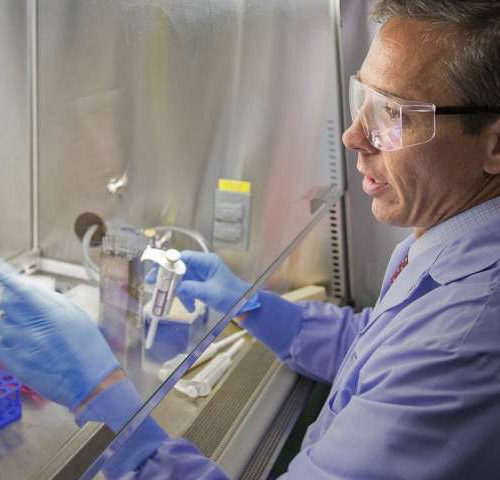MAY 28, 2024 by Amy Reichelt, The Conversation Credit: Unsplash/CC0 Public DomainIt’s a Saturday afternoon at a kids’ birthday party. Hordes of children are swarming between the spread of birthday treats and party games. Half-eaten cupcakes, biscuits and lollies litter the floor, and the kids seem to have gained superhuman speed and bounce-off-the-wall energy. But...
Tag: <span>hyperactive</span>
Autoimmune diseases in ALS patients linked to genetic mutation
by Sarah Lichtman, Cedars-Sinai Medical Center A study published today in the journal Nature could help explain why certain people who develop amyotrophic lateral sclerosis (ALS), a deadly neurological disorder also known as Lou Gehrig’s disease, are prone to autoimmune diseases. ALS, which has no known cure, causes progressive degeneration of nerve cells in the...
Micronutrients affect gut bacteria associated with ADHD in small but promising study
by Kim Thomas, University of Otago Children with attention-deficit/hyperactivity disorder (ADHD) who took micronutrients had lower levels of a bacteria linked to the psychological disorder, and a healthier range of bugs in their gut overall, new research shows. The study was recently published in Nature’s Scientific Reports journal. It was a collaboration between University of Otago, Christchurch geneticists and...
New study identifies drug that can reverse hyperactivity induced by parasitic infection
by American Society for Microbiology When rodents get infected by Toxoplasma gondii, the single-celled brain parasite that causes toxoplasmosis, they become hyperactive risk-takers. In findings published this week in mBio, researchers show for the first time that it’s possible to reverse that behavioral change. Surprisingly, the study also showed that the restoration of normal behavior resulted from reducing inflammation—and not from reducing...
Study implicates hyperactive immune system in aging brain disorders
In a study of fruit flies, NIH scientists suggested that the body’s immune system may play a critical role in the damage caused by aging brain disorders. The results are based on experiments in which the researchers altered the activity of Cdk5, a gene that preclinical studies have suggested is important for early brain development...


